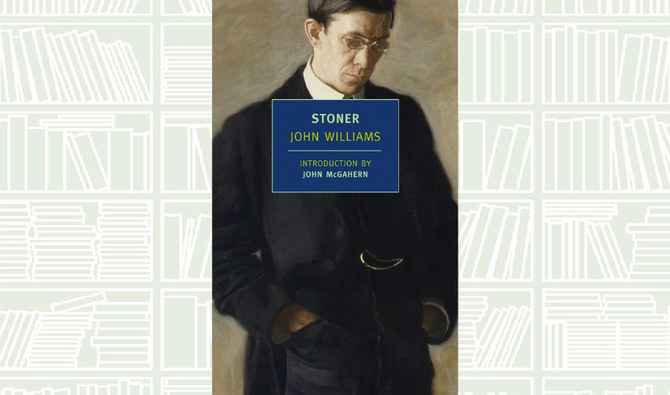“Stoner” is a novel written by John Williams. It was first published in 1965 but gained popularity decades after its initial release.
The novel centers on protagonist William Stoner, a young man from rural Missouri who finds solace in his work and his love for literature.
The story begins with Stoner’s entrance into the University of Missouri in the early 20th century, where he majors in literature despite opposition from his parents.
It follows Stoner from his youth on a farm through his academic pursuits and personal struggles. Despite his passion for literature, he faces numerous challenges in both his career and private life, including a troubled marriage, professional setbacks, and conflicts with colleagues and students.
Stoner encounters a difficult and unfulfilling marriage to Edith, a woman he marries out of a sense of duty and with whom he has a daughter, Grace.
Obstacles also mark his professional life as he faces departmental politics and clashes with his colleagues, particularly with an antagonistic professor named Hollis Lomax.
Despite setbacks, Stoner perseveres and becomes a respected and dedicated teacher, finding fulfillment in his interactions with students.
As the years pass, his life, both in personal and professional aspects, becomes increasingly complicated beyond repair.
The novel explores themes of love, passion, disillusionment, and the search for meaning in life. In my opinion, it is a poignant and introspective exploration of an ordinary man’s life and his pursuit of intellectual and emotional fulfillment.
Other notable works by Williams are “Butcher’s Crossing,” “Augustus,” and “Nothing But the Night.”
“Stoner” received modest success upon its initial release but gained critical acclaim and a devoted following many years later.
The novel is regarded as an essential work of American literature for its insightful portrayal of the human condition and its examination of the power of literature to shape and transform lives.
























